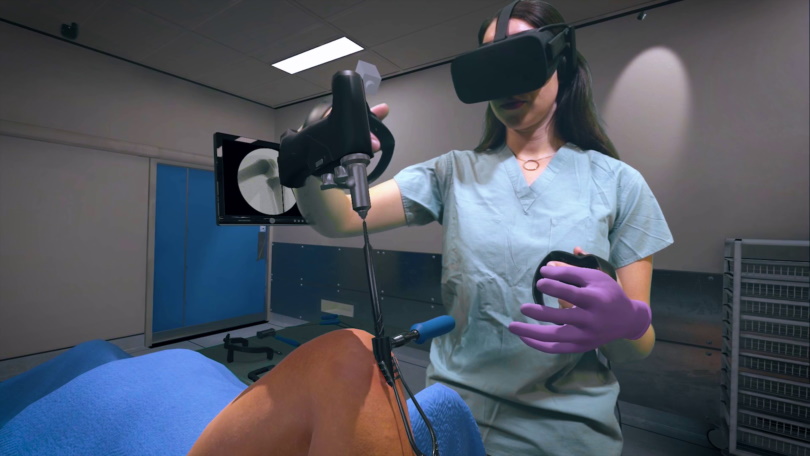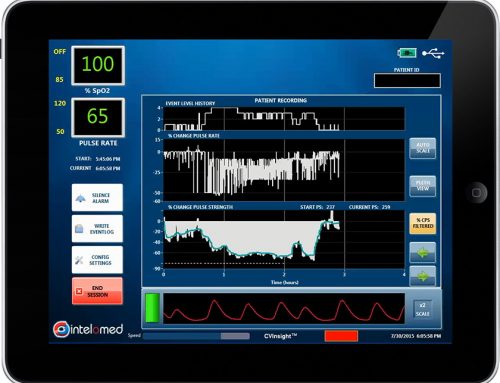Project Description
The problems with current surgical training paradigms include the failure of opportunities for training to keep up with rising demands; surgeons in practice often have limited time and resources to practice, leading to risky usage of more complex technologies. The focus on high-fidelity, near-real-life environments has made VR-based training technology prohibitively expensive and inaccessible. This resource intensiveness has resulted in generalized VR modules that do not target specific procedures or skills. Considering the increasing number of new and complex devices coming onto the market and the direct link between volume of procedures and surgical expertise, the healthcare field must see a radical shift in the use of surgeon training technology in order to maximize quality training time before trainees enter the workforce. The current state of VR is ill-fit to be a true surgical training supplement as it cannot fulfil this need
In this project, Osso VR was able to continue developing a more accessible VR-based solution to improve the high cost surgeon training technology in order to maximize
quality training time before trainees enter the workforce. The company was able to start building, The Smart Curriculum, a purposefully low-fidelity VR-based training curriculum that incorporates an artificial intelligence (AI) to adapt the session and curriculum to a trainee’s performance. Presently, the Osso VR is in the works of implementing an AI that will customize a procedure to a surgeon’s performance and background. This will provide targeted practice to hone procedure familiarity and surgical skill. The combination of VR and AI will show increased transfer rates compared to classic VR paradigms at a fraction of the cost.
Broader Impact / Application
Practicing surgical techniques on-demand with direct quantitative feedback will ultimately help surgeons develop the needed expertise to improve the quality of the outcomes for patients and improve efficiency in the surgical technique thereby reducing the operating time. Osso VR is currently working on determining key learning milestones for a pilot procedure; determining the parameters for and wireframe the AI; and finally, building necessary technical components for the prototype training module to validate the pilot procedure. Osso VR is the current leader in the field, and the addition of an AI component to individualize each surgeon’s training experience helped them revolutionize the surgical training paradigm. Their new system allowed orthopedic surgeons to enhance their training in a virtual environment and predict the outcome of interventional decisions before actual surgery without any risks to the patients.
With the help of Inspiralia, Osso VR was awarded a grant through the National Institutes of Health to continue developing this AI and in the near future complete the VR training platform.





